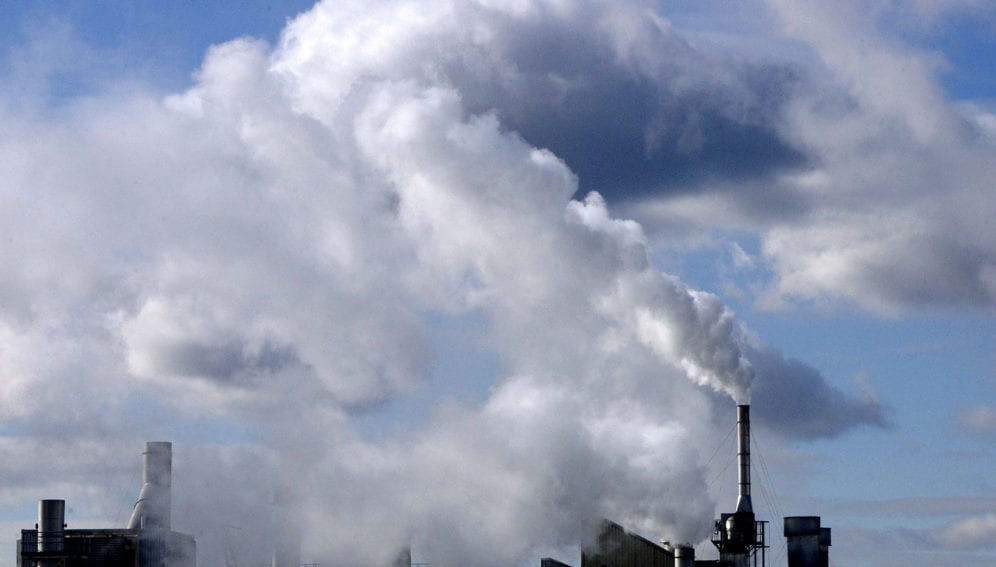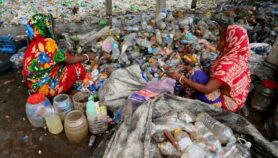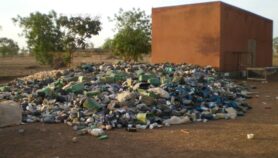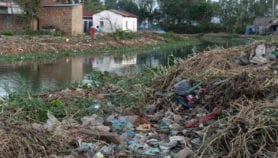11/04/19
Implement policies to tackle air pollution in Africa

By: Francis Kokutse
Send to a friend
The details you provide on this page will not be used to send unsolicited email, and will not be sold to a 3rd party. See privacy policy.
[ACCRA] African governments must urgently act to address the increased air pollution resulting from human activities, an expert says.
The call follows the findings of a project that detected a mixture of solid particles and liquid droplets in the air in high concentrations that have consequences for health and climate change.
“The high particle concentrations in West African cities present substantial risks to public health and intensify common medical problems,” says Leonard Amekudzi, a member of the study team, in an interview with SciDev.Net last week (4 April).
“The high particle concentrations in West African cities present substantial risks to public health and intensify common medical problems.”
Leonard Amekudzi, Kwame Nkrumah University of Science and Technology, Ghana
“The implications of our findings are damning and worth identifying or putting in place reliable and efficient structures and policies that will help mitigate these negative impacts,” Amekudzi adds.
According to Amekudzi, an associate professor and head of Department of Physics at the Kwame Nkrumah University of Science and Technology, Ghana, the EU-funded research project found concentrations of small particles which exceed the WHO limits.
As part of the five-year project that ended last year, researchers measured the atmospheric conditions of southern cities of Benin, Côte d’Ivoire, Ghana, Nigeria and Togo from June to July 2016 by using research aircrafts and battery-powered meteorological balloons. Researchers also conducted air quality studies in cities such as Abidjan in Côte d’Ivoire and Cotonou in Benin between 2015 and 2017.
Amekudzi says that researchers faced the difficulty of transboundary protocols for permissions to enter countries for research.
A report on the project published in November last year calls on policymakers to “establish regulations to reduce the sulphur content of fuels and to modernise the fleet of two wheel, four wheel and heavy goods vehicles.”
According to the report, there is a need to boost capacity building efforts in weather, climate change and air pollution science in Africa.
“Encourage studies on regionally specific emissions factors for activities such as waste burning, transport and domestic combustion,” the report adds. “Install networks for long-term measurements of air pollutants focusing on cities and suburban areas. Sustain and expand networks for observations of meteorological data.”
Amekudzi says that he is optimistic the project will help identify mitigation measures necessary for reducing air pollutants over the sub-region as well as establish first-hand, benchmark findings to advance future research in West Africa.
Michael Padi, a senior meteorologist at the Ghana Meteorological Agency, tells SciDev.Net that particulate matter is a serious problem in Sub-Saharan Africa and the rest of the world.“It is very important that members of the public become aware of the dangers that humans can cause to themselves if pollution continues to take place,” Padi says.
This piece was produced by SciDev.Net’s Sub-Saharan Africa English desk.













